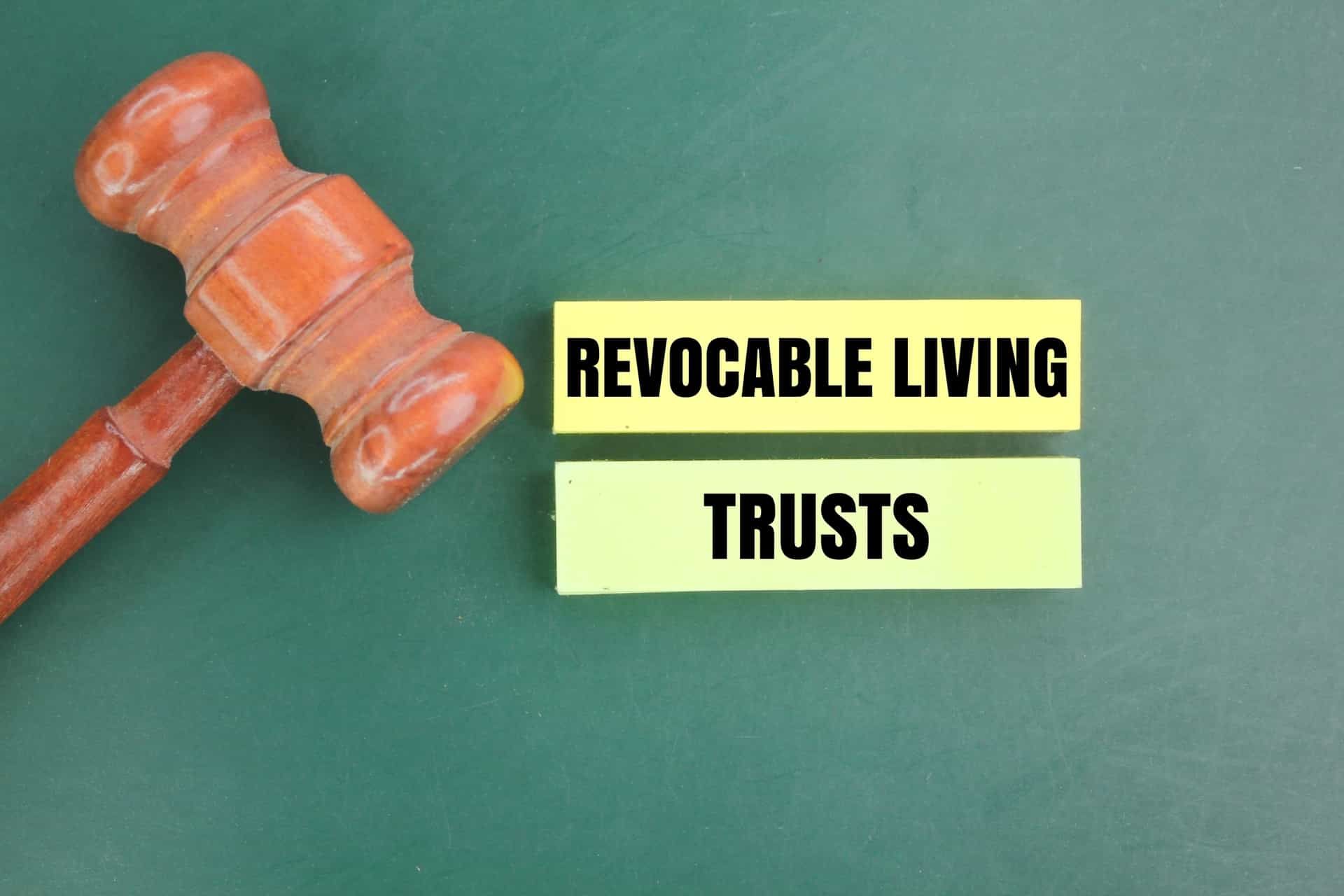A Guide to the Probate Hearing Process
The probate hearing process is an essential step in settling a deceased person’s estate. When someone passes away, their assets, debts, and final wishes must be handled legally. This is where probate court comes in. Understanding how the probate hearing process works can help families navigate this often complex legal procedure with confidence.
What Is Probate?
Probate is the legal process of administering a deceased person’s estate. It involves validating their will (if one exists), identifying heirs, paying off debts, and distributing assets. If the deceased did not leave a will, the court follows state laws (known as intestacy laws) to determine how the assets will be divided.
When Is a Probate Hearing Necessary?
A probate hearing is typically required when a person passes away and leaves behind assets that are not automatically transferred to a beneficiary. Such assets may include:
- Real estate or personal property solely in the deceased’s name.
- Bank or investment accounts without named beneficiaries.
- Assets not held in a trust or jointly owned with rights of survivorship.
However, not all estates require full probate. Many states offer simplified processes for small estates, such as summary probate or affidavit-based transfers, which reduce costs and time.
Steps in the Probate Hearing Process
The probate hearing process involves several important steps. Here’s a breakdown of what typically happens:
1. Filing a Petition for Probate
The first step is to file a petition with the probate court in the county where the deceased resided at the time of death. The person named as the executor in the will (or a close relative if there is no will) files this petition. This document notifies the court that probate needs to begin and identifies key details, such as the deceased’s assets and heirs.
2. Notifying Interested Parties
Once the petition is filed, the court requires that all interested parties be notified. This includes heirs, beneficiaries, and creditors. In some cases, a public notice may be required so that unknown creditors can come forward. States typically mandate a waiting period (e.g., 90 days) for creditors to submit claims.
3. Validating the Will
If a will exists, the court will review it to ensure it is legally valid. This step may involve verifying signatures, confirming witnesses, and checking for any disputes or ambiguities in its terms. If no will exists, state intestacy laws determine how assets are distributed (e.g., prioritizing spouses and children).
4. Appointing an Executor or Administrator
The court officially appoints an executor (if named in the will) or an administrator (if there is no will). This person is responsible for managing the deceased’s assets, paying debts, and ensuring the estate is distributed correctly.
5. Identifying and Valuing Assets
The executor must take inventory of all assets owned by the deceased, including real estate, bank accounts, investments, and personal property. In some cases, appraisals may be needed to determine the value of certain assets.
6. Paying Debts and Taxes
Before distributing assets to heirs, the executor must settle any outstanding debts and taxes. This includes:
- Notifying creditors and settling outstanding loans.
- Paying federal and state income taxes owed by the deceased up until their date of death.
- Addressing potential estate taxes (applicable only if the estate exceeds $12.92 million federally in 2023; some states have lower thresholds).
If there are insufficient funds to cover debts, some assets may need to be sold with court approval.
7. Distributing Remaining Assets
Once all debts and taxes are settled, remaining assets are distributed according to the terms of the will or state intestacy laws if no will exists. The executor may need court approval before distributing certain assets.
8. Closing the Estate
After all obligations are met and assets distributed, the executor files a final accounting report with the court for approval. Once approved, the estate is officially closed, and probate ends.
Challenges That May Arise During Probate
While probate can be straightforward for simple estates with clear wills, complications can arise:
- Will Contests: Heirs or beneficiaries may challenge a will’s validity due to fraud, undue influence, or improper execution.
- Estate Disputes: Family members may disagree over asset distribution or claim certain items were promised to them.
- Creditor Claims: Creditors may contest payments or demand additional funds.
- Executor Challenges: The appointed executor may face accusations of mismanagement or conflicts of interest.
When disputes occur, additional court hearings may be required to resolve these issues before finalizing the estate.
How Long Does Probate Take?
The length of probate varies depending on factors like estate complexity and whether disputes arise:
- Simple estates with no disputes may take 6–9 months on average.
- More complex cases involving large estates or litigation can take 1–3 years (or longer).
Additionally, mandatory creditor claim periods (e.g., 90–120 days in most states) often delay proceedings even when no disputes exist.
How Much Does Probate Cost?
- Probate costs typically range from 3%–7% of an estate’s value due to court fees, attorney fees, appraisal costs, and other expenses.
- Larger estates could see significantly higher fees depending on complexity.
- These costs highlight why many people seek ways to minimize probate involvement.
How to Make Probate Easier
While probate is often necessary for larger estates without proper planning, there are ways to simplify or avoid it:
- Create a Clear and Legally Valid Will: Ensure your will complies with your state’s laws and clearly outlines your wishes.
- Use Beneficiary Designations: Accounts like life insurance policies or retirement funds allow you to name beneficiaries who receive these funds directly without going through probate.
- Consider Joint Ownership: Property held jointly with rights of survivorship automatically transfers to surviving owners upon death.
- Establish a Living Trust: A trust allows you to transfer ownership of your assets during your lifetime so they bypass probate entirely.
- Seek Legal Guidance: Working with an experienced estate planning attorney ensures your wishes are honored while minimizing delays and costs for your loved ones.
State-Specific Considerations
Probate laws vary significantly between states:
- Some states (e.g., California) have high statutory fees for executors and attorneys based on estate value.
- Others (e.g., Texas) offer independent administration options that reduce court involvement.
Always consult an attorney familiar with your state’s laws when navigating probate.
Final Thoughts
Understanding the probate hearing process can help families navigate estate matters with confidence during difficult times. By preparing in advance—through proper estate planning—and seeking professional guidance when needed, you can make this process more efficient while reducing stress for loved ones.
For expert legal assistance tailored to your situation, contact
Doane & Doane today!
Disclaimer: The information on this website and blog is for general informational purposes only and is not professional advice. We make no guarantees of accuracy or completeness. We disclaim all liability for errors, omissions, or reliance on this content. Always consult a qualified professional for specific guidance.
RECENT POSTS
CONTACT US
We will get back to you as soon as possible.
Please try again later.
GET IN TOUCH
We will get back to you as soon as possible.
Please try again later.
Quick Links
Practice Areas
Contact Us
Palm Beach Gardens office:
2979 PGA Boulevard #201,
Palm Beach Gardens, FL 33410
All Rights Reserved.
Website Designed & Managed by Oamii.






